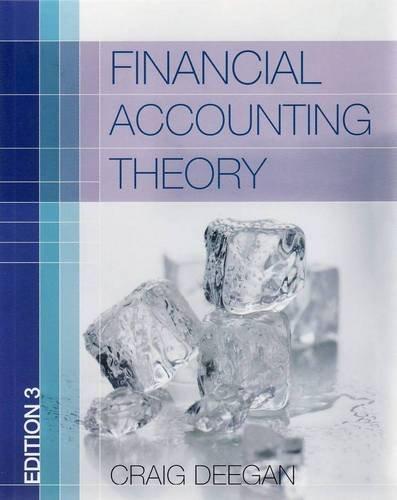Ball (2006, p. 17) states: Under its constitution, the IASB is a standard setter and does not
Question:
Ball (2006, p. 17) states:
Under its constitution, the IASB is a standard setter and does not have an enforcement mechanism for its standards: it can cajole countries and companies to adopt IFRS in name, but it cannot require their enforcement in practice. It i cannot penalise individual companies or countries that adopt its standards, but in which financial reporting practice is of low quality because managers, auditors and local regulators fail to fully implement the standards. Nor has it shown any interest in disallowing or even dissuading low-quality companies or countries from using its ‘brand name’. Individual countries remain primarily regulators of their own financial markets. EU member countries included. That exposes IFRS to the risk of adoption in name only.
Evaluate Ball’s comments and provide an argument as to whether you agree or disagree with his view.
Step by Step Answer:






